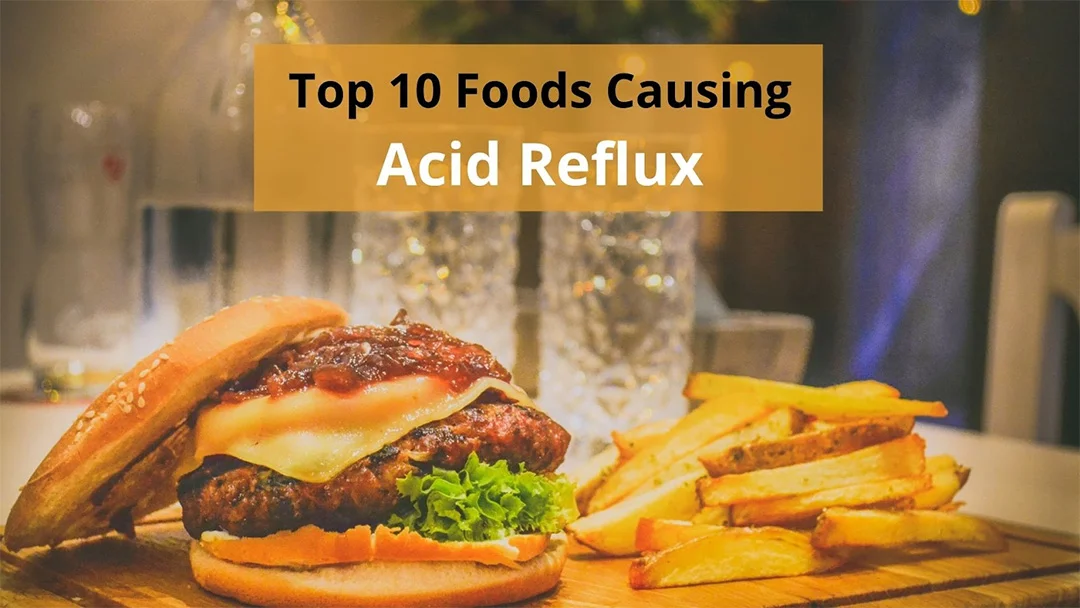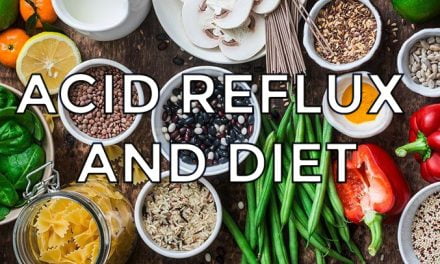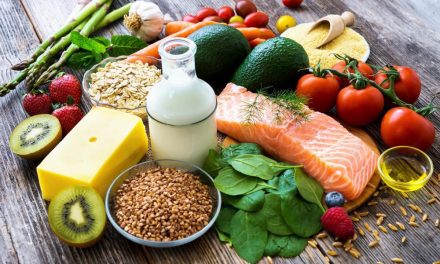Acid reflux, a common digestive disorder, occurs when stomach acid flows back into the esophagus, causing symptoms like heartburn and discomfort. Diet plays a crucial role in managing and preventing acid reflux episodes. Scientific research has identified specific foods that can trigger or exacerbate acid reflux symptoms by weakening the lower esophageal sphincter (LES), increasing stomach acidity, or causing delayed gastric emptying. This article delves into 10 foods that are best avoided to minimize the risk of acid reflux, backed by scientific insights.
Foods to Avoid for Acid Reflux Prevention
1. Citrus Fruits
Citrus fruits like oranges, lemons, and grapefruits are high in acid, which can increase stomach acidity and lead to reflux symptoms. A study published recently suggests that the acidic content of these fruits can exacerbate symptoms in susceptible individuals.
2. Tomatoes and Tomato-based Products
Tomatoes and their derivatives, including sauces and juices, contain malic and citric acid, contributing to their overall acidity. Research indicates that these acids can relax the LES, promoting acid reflux (Gastroenterology Research and Practice).
3. Spicy Foods
Capsaicin, present in chili peppers and other spicy foods, can irritate the esophagus and relax the LES, leading to increased acid reflux. Studies have linked spicy foods with exacerbating GERD symptoms.
6. Peppermint
While peppermint is often used for its soothing properties, it can relax the LES, promoting acid reflux. This effect has been documented in studies, highlighting the need for individuals with reflux to avoid peppermint.
4. High-Fat Foods
Fatty foods, including fried foods, fatty cuts of meat, and full-fat dairy, can slow down stomach emptying and increase the pressure inside the stomach, which may result in reflux. According to several studies, high-fat intake is associated with a higher risk of GERD.
5. Onions
Onions, particularly raw, are known to increase the incidence of belching, which can promote acid reflux by releasing stomach contents into the esophagus. Research supports the link between onion consumption and increased heartburn.
So onion consumption, should at the very least, be moderated

6. Peppermint
While peppermint is often used for its soothing properties, it can relax the LES, promoting acid reflux. This effect has been documented in studies, highlighting the need for individuals with reflux to avoid peppermint.
7. Alcohol
Alcohol consumption can weaken the LES and increase stomach acid production, leading to reflux symptoms. A comprehensive review correlates alcohol intake with an increased risk of GERD.
8. Caffeinated Beverages
Coffee and tea, due to their caffeine content, can relax the LES and stimulate acid secretion, potentially worsening acid reflux symptoms. Research in Gastroenterology supports the recommendation to limit caffeine intake.
9. Carbonated Beverages
Carbonated drinks can cause belching, which may promote acid reflux by increasing stomach pressure and forcing stomach contents into the esophagus. Studies have shown a direct link between carbonated beverage consumption and GERD symptoms.
10. Processed Foods
High in fat, salt, and sugar, processed foods can aggravate acid reflux. They often contain artificial additives that can irritate the gastrointestinal tract, leading to increased reflux episodes. Nutritional research advocates for a diet low in processed foods to reduce GERD symptoms.
Managing acid reflux involves careful dietary choices to avoid foods that trigger or worsen symptoms. The foods listed above are identified based on scientific research as common culprits in exacerbating acid reflux. By understanding how these foods affect the digestive system, individuals can make informed decisions to minimize discomfort and improve their quality of life. However, dietary responses vary among individuals; thus, it’s beneficial to keep a food diary and consult with healthcare professionals to tailor dietary adjustments to one’s specific needs. Ultimately, a balanced diet, rich in whole foods and low in triggers, can be a cornerstone in managing acid reflux effectively.
However, diet alone may not help you overcome acid reflux /GERD symptoms at night. This is often when acid reflux is at its worst, even though sometimes you may not even be aware of it. Have you ever woken with a sore throat and wondered how that happened? It was probably caused by the acid rising up and burning the lining of your throat. Before I suggest a solution lets look at another scenario.
Have you ever woken in the middle of the night with a burning sensation in your chest / throat? Even worse, have you woken choking, with dinner regurgitated in your mouth? Here is a solution for all those woes:
A wedge pillow. But the problem with wedge pillows is that they are usually very uncomfortable to sleep on as they are made from poor quality materials to keep the price down. So we tested 55 wedge pillows and found the best one: The Sleepnitez Wedge Pillow. It has more memory foam than other pillows and melds into your bed so well that it feels like part of your mattress. Try it today and reclaim your sleep.






